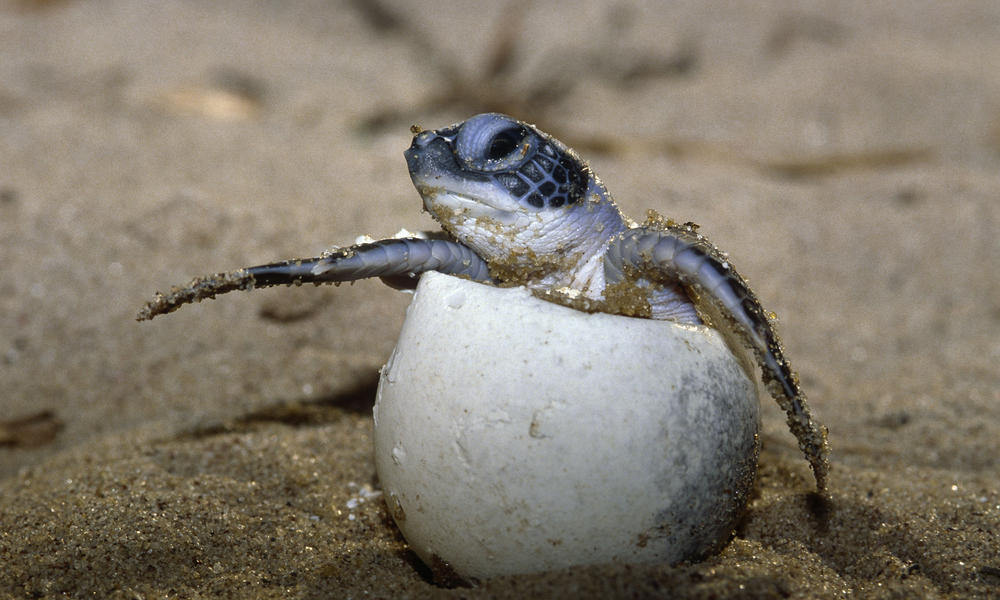Sea Save Foundation
Contributor
6. How Did Sea Turtle Get a Straw Up Its Nose?
Although the title of this article may sound funny the first time you read it, it's actually quite upsetting! This is yet another example of how ocean pollution is harming the many wonderful creatures in the ocean. Scientists spent nearly ten minutes pulling a plastic straw from the nostril of an olive ridley sea turtle. Usually, turtles will be found with plastic bags or even toothbrushes in sea turtle's stomach but this was a true surprise to the rescue team. Makes you rethink using that plastic straw when out at a restaurant. Read more...
-----------------------------------------------
7. Dolphin Health is Connected to Human Well-Being
A research program called the Health and Environmental Risk Assessment (HERA) studied how diseases that affect dolphins are related to environmental stressors. These may provide an early warning system to some changes that could affect animal and human health. The program has studied more than 350 bottlenose dolphinsin the Indian River Lagoon over the last 12 years. Gregory Bossart, chief veterinary officer and senior vice president at Georgia Aquarium, stated that "dolphins are like the proverbial canaries in a coal mine...They can serve as indicators of ocean health, giving insight into larger environmental issues that may also have implications for human health. Read more...
-----------------------------------------------
8. Australia and Indonesia Join to Curb Illegal Fishing
 South-east Asia has the highest number of fishing vessels in the world. For years there was tension between Indonesia and Australia due to illegal fishing that lead to a decrease in fish populations and other environmental concerns. The two nations have now paired up to tackle the illegal activity. This week, Indonesia demonstrated it's seriousness concerning the protection of their waters and ecosystem and sank 38 fishing vessels. Read more...
South-east Asia has the highest number of fishing vessels in the world. For years there was tension between Indonesia and Australia due to illegal fishing that lead to a decrease in fish populations and other environmental concerns. The two nations have now paired up to tackle the illegal activity. This week, Indonesia demonstrated it's seriousness concerning the protection of their waters and ecosystem and sank 38 fishing vessels. Read more...-----------------------------------------------
9. Marine Scientist Weighs in on Proposed Cruise Pier
A few weeks ago, our Week in Review showcased the proposed cruise pier in Grand Cayman and the environmental impact that it would have on the ecosystem. Dr. Ellen Prager, a marine scientist and oceanographer who works as a consultant to cruise lines, was interviewed this week by Cayman 27. Dr. Prager discussed both the environmental destruction that the port would create as well as ways for Grand Cayman to increase tourism in environmentally friendly ways. Read more...
-----------------------------------------------
Be sure to "LIKE" http://facebook.com/SeaSave to ensure our "Week in Review" is delivered to your newsfeed every Thursday.
Sea Save Foundation is committed to raising awareness of marine conservation. The Week in Review is a team effort produced by the Sea Save staff to provide a weekly summary of the latest in marine research, policy, and news.







